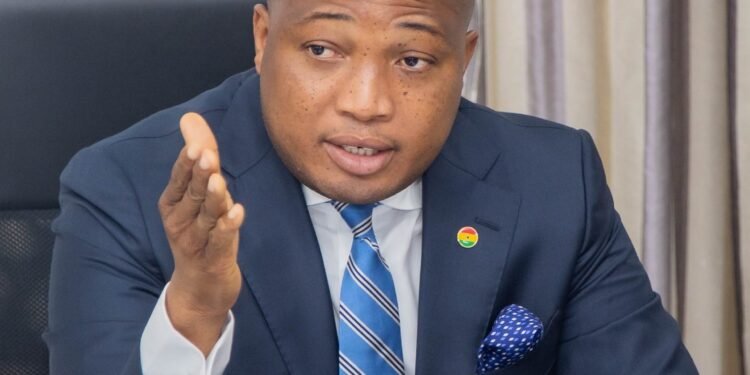The Chief Executive of the Ghana Association of Bankers, Mr. John Awuah disclosed that monetary policy regulation in itself has trivial impact on lending rate.
According to him, changes in lending rates should be permitted to thrive under the mercy of fundamental market forces.
“It depends on the market fundamentals, if the macroeconomic indicators improve significantly, interest rates will also follow in the same direction. The customers and the general public will also benefit in the long run”.
Meanwhile, stakeholders such as Institute of Economic Affairs has suggested to the central bank of Ghana to consider introducing a cap to the country’s interest rate, to favourably regulate the cost of credit.
However, Mr. Awuah also argued that will only go a long way to render interest rates unproductive and could have dire repercussions, hence the Ghana Association of Bankers is not in support of it.
“Any suggestions or any discussions of capping interest rates should be of a concern because it has a probability or propensity to be counterproductive and can really result in unintended consequences”.
Mr. John Awuah
The Chief Executive revealed that other African countries have tried on countless occasions to cap interest rates, but all attempts to no avail.
“You can sight an example of what we have seen in Africa where Kenya after three unsuccessful attempts at introducing interest rates cap, it finally introduced caps on interest rates in 2016.
“Only to take a turnaround in 2019, going back to free-market-determining lending rates. You can’t run away from market fundamentals.”
Mr. John Awuah
Banks’ lending rate
According to Mr. Awuah, the last five (5) years has witnessed lending rate move from an average of 29% to 20.5%,
He then revealed that “as Lending rates have trended downwards, banks cannot help it but react, and in some instances even more aggressively than the fall in other rates”.
“I think the discussion should be on what we can do, more than what we’ve done in the last three or four years that has resulted in market rates coming down.
“Similarly, with policy rate trending downwards, T bills trending downwards, and all the other rates have following suit. Lending rates will automatically follow in the same direction.”
Mr. John Awuah
In the meantime, the cost of credit continues to decline marginally. Currently, as average lending rate stood at 20.61% per annum as of June 2021, as per the Bank of Ghana’s ‘Average Lending Rates of Universal Banks’ report.
The report reveales that some of the commercial bank’s charge is as low as 16.97% on credit (loan), whereas others charge as high as 24.89% on credit to its customers.
According to Mr. Awauh, “as a country, we should all rally behind policy makers in their efforts towards a move to lower market interest rate regime. And banks will not have anything to do than to follow suit as we have done”.
However, there are some other factors such as the loan amount required, individuals credit default ratings and the type of interest rate regime (fixed, floating, and mixed) practice in the country, influence interest rate.
READ ALSO: Covid-19 and global chips shortage: Toyota streamlines production forecast by 300,000 cars























